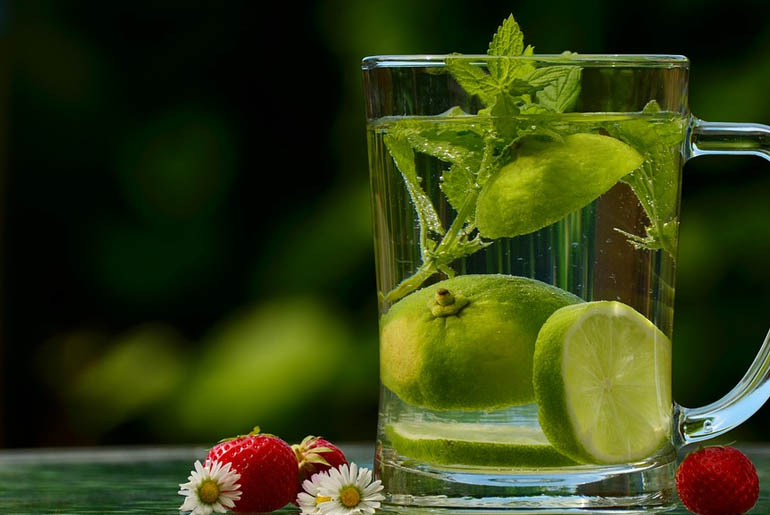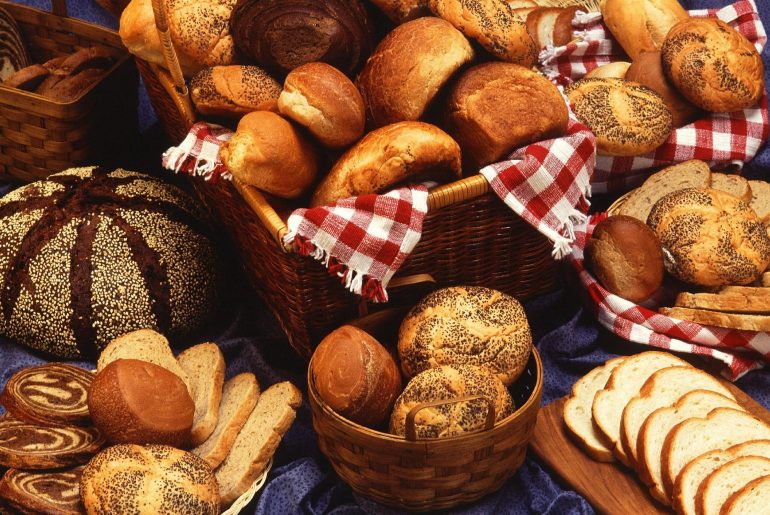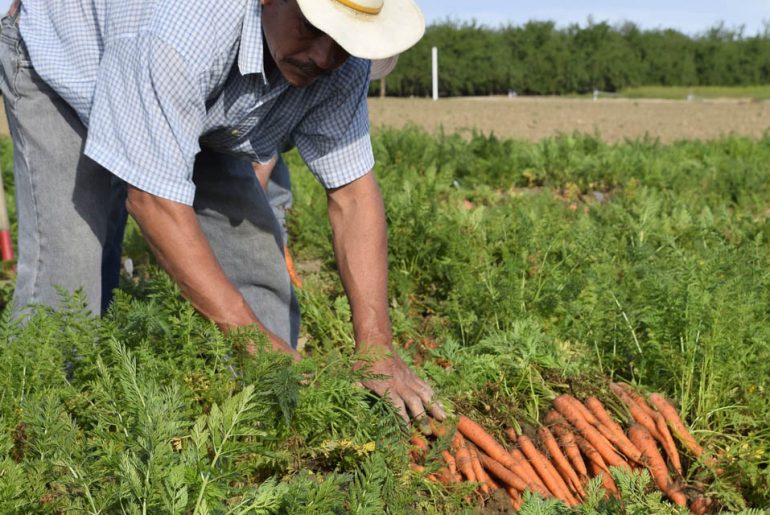- High-fructose Corn Syrup
- Malt Syrup
- Dextrose
- Fructose
- Fruit Juice Concentrate
Sugar is hidden in many foods we purchase under names that fool us into thinking they are healthy.
Other words for sugar include high-fructose corn syrup, malt syrup, dextrose, fructose, and fruit juice concentrate, among others.
According to the World Health Organization, sugar is a primary factor helping to fuel the worldwide obesity epidemic.
Sugar’s hold on us is strong. It is rooted deep in our cultures and is seen as the center of a number of special milestone events in our lives such as birthday cakes, holiday sweets, and rewards for good behavior.
But sweet as it is, it is one of the most harmful foods we can consume.
According to a 2013 study published in the Journal of the American Heart Association, sugar is a factor in heart failure and it can even affect the pumping mechanism of your heart.
Another study showed that eating too much sugar interferes with our natural body insulin, stopping it from doing its job effectively.
Sugar has also been linked with memory loss and brain degeneration in the area of cognitive skills.
Become a detective seeking out the hidden sugars in your foods. Look especially at salad dressings and sauces, breakfast cereal, flavored yogurt, flavored water and soft drinks.
Read labels and recognize the presence of sugar under its many other names. In addition to those already mentioned, add: corn syrup, glucose, maltodextrin, lactose, maltose, sorbitol, sucrose, yellow sugar, brown sugar, mannitol and xylitol. The higher they appear in the list of ingredients on a food label, the greater their quantity in that food.
Remember that just because a food sounds healthy and has some ingredients that you think are healthy, that doesn’t mean it is not full of sugar. Granola bars, tomato ketchup, brown breads, many fruit juices and milkshakes are perfect examples of foods with some healthy ingredients that are laced with serious sugar levels.











